-6583.jpg)



-6388.jpg)

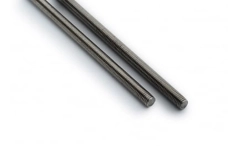



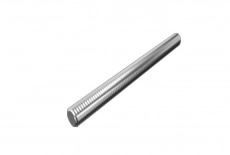

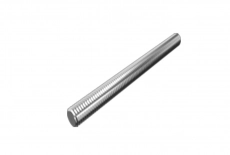



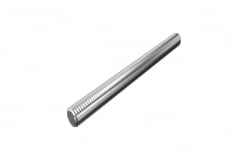



-13044.webp)



-13045.webp)



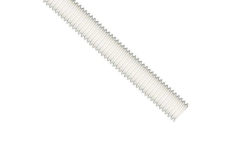

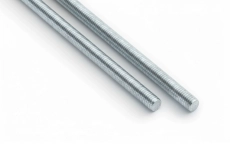



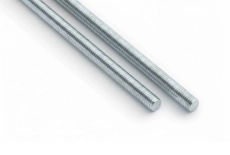


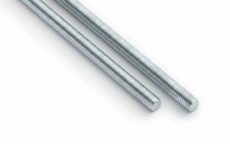



-13032.webp)

-6584.jpg)



-7199.jpg)

-6588.jpg)



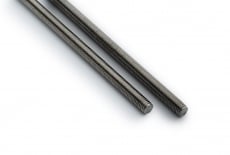



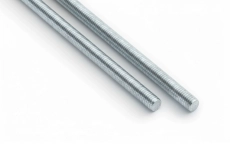



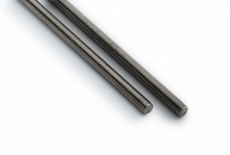



-3474.jpg)



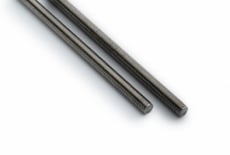



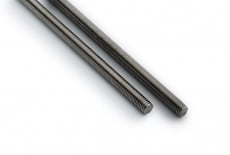


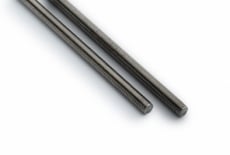


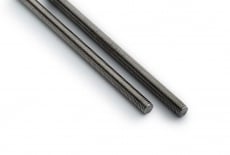


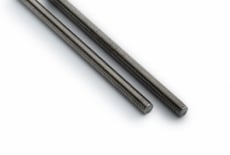



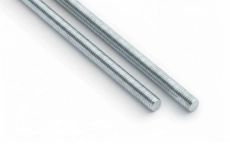



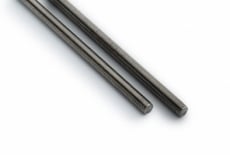



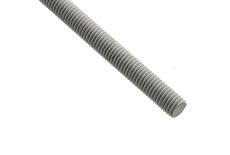



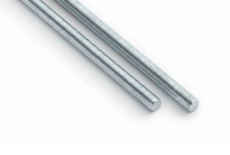


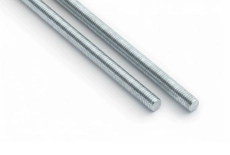


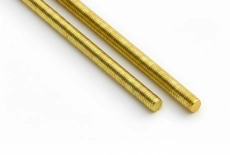


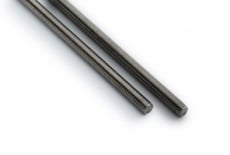

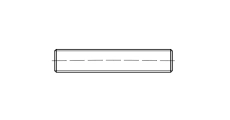 DIN 975 threaded pin
DIN 975 threaded pin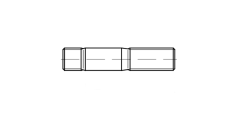 DIN 938 threaded Pin with tolerance 1d
DIN 938 threaded Pin with tolerance 1d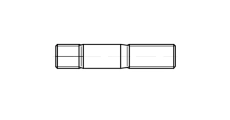 DIN 939 threaded Pin with tolerance 1.25d
DIN 939 threaded Pin with tolerance 1.25d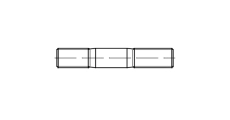 DIN 835 threaded Pin with 2D tolerance 2D
DIN 835 threaded Pin with 2D tolerance 2D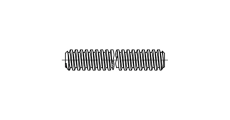 DIN 975 Pin with trapezoidal thread
DIN 975 Pin with trapezoidal thread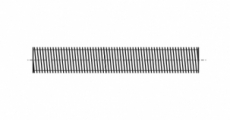 DIN 975 Pin with UNC inch thread
DIN 975 Pin with UNC inch thread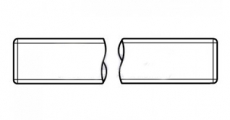 DIN 975 Pin with UNF inch thread
DIN 975 Pin with UNF inch thread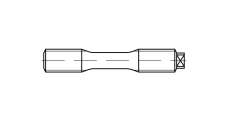 DIN 2510 NF Pin for flange connections
DIN 2510 NF Pin for flange connections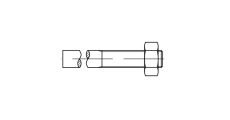 DIN 525 threaded Pin with welded nut
DIN 525 threaded Pin with welded nut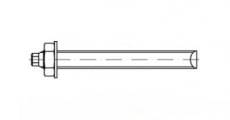 Other washers and threaded studs RG M FISCHER
Other washers and threaded studs RG M FISCHER -6583.jpg)



-6388.jpg)















-13044.webp)



-13045.webp)
















-13032.webp)

-6584.jpg)



-7199.jpg)

-6588.jpg)















-3474.jpg)











































Pins are fasteners used to connect materials. They are usually cylindrical in shape and can be made of various materials such as steel, stainless steel, brass or aluminum. Studs are used to create a strong connection by inserting through holes in materials and tightening with a nut or socket. They are widely used in construction, furniture manufacturing, mechanical engineering and other industries to ensure reliable fastening.
The type and pitch of stud threads vary depending on the specific application. The most common types of stud threads include straight (metric) threads, trapezoidal threads, and triangular threads. The pitch of the thread defines the distance between the repeated turns of the thread and can be specified in meters or units of measurement per inch.
Threaded studs can be made of various materials such as low carbon steel, medium carbon steel, stainless steel, brass, etc. Each material has its own strength properties and is used depending on the requirements of the project. Strength classes such as 4.6, 8.8, 10.9 and 12.9 indicate the ability of the stud to withstand a load, where a higher class corresponds to greater strength.
Threaded stud standards such as ISO, DIN, ANSI, and BS specify dimensions, shape, thread placement, and other characteristics. ISO standardizes metric dimensions, DIN sets standards in Germany, ANSI in the US, and BS in the UK. These standards guarantee compatibility and compliance in manufacturing and provide uniformity in the dimensions and characteristics of threaded studs for a wide range of applications.
Threaded studs have a wide range of applications including construction, mechanical engineering, metalworking, furniture manufacturing, automotive, electronics, medical, aerospace and many others. They are used to create strong connections, fasten components, repair and build structures. Threaded studs can be used in any project where a reliable and stable connection is required.
1️⃣ All fasteners in one place: the largest selection in Ukraine.
2️⃣ The more you buy, the lower the price you get.
3️⃣ When buying on the website, you additionally receive -2% on everything.
4️⃣ Fast delivery of goods both from the warehouse and to order.
5️⃣ A team of experts will quickly help you choose hardware.
And you will experience even more benefits by cooperating with DINMARK!
To select and order threaded pins, determine your project requirements, including dimensions, thread type, material, and number of pins. Look at the available standards such as ISO, DIN, ANSI or BS and select the appropriate standard. Determine the dimensions and characteristics of the studs using the size tables in the standards or manufacturers' catalogs. Consider the material of the pins, taking into account the requirements for strength and corrosion resistance.
The evaluation of the best threaded studs depends on the specific requirements of the project, such as strength, corrosion resistance, temperature range and other factors. Generally, steel studs with a strength grade of 8.8 or higher are popular choices because they provide sufficient strength for many applications. Stainless steel is an excellent choice for environments with high levels of humidity or corrosion. For special requirements, studs with a special coating such as zinc, electroplating, phosphating or polymer coating can be used, which improve corrosion resistance and have aesthetic benefits. The best choice depends on the specific requirements of your project.
To select threaded pins, determine the size and type of thread, select the appropriate material, taking into account the requirements for strength and corrosion resistance. Choosing the right threaded stud depends on the specific requirements of your project.
The prices of threaded studs can vary significantly depending on several factors, such as size, material, quality, strength class, coating. In general, larger stud sizes or high strength studs may be more expensive.
Enter your email address to follow the Dinmark news